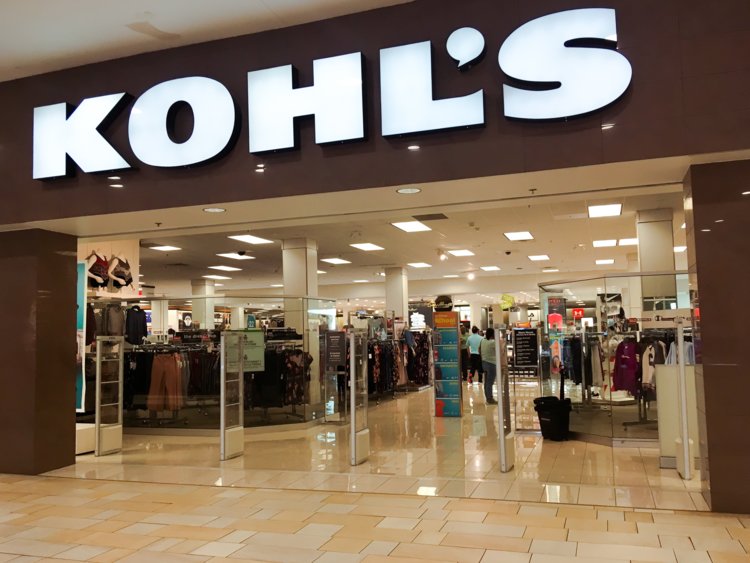
Kohl’s on Tuesday announced it will start accepting returns for items purchased on Amazon at all of its stores across the country, starting in July.
Its shares surged nearly 10% by afternoon trading on the news.
This marks an extension of a partnership between Kohl’s and Amazon that dates to the spring of 2017, when Kohl’s began selling Amazon gadgets — like its smart-home products — at some stores, and started handling Amazon returns at about 80 locations. That more recently grew to 100 Kohl’s stores, the retailer said Tuesday, and it will now roll out to more than 1,150 locations across the U.S.
“Amazon and Kohl’s have a shared passion in providing outstanding customer service, and this unique partnership combines Kohl’s strong nationwide store footprint and omnichannel capabilities with Amazon’s reach and customer loyalty,” Kohl’s CEO Michelle Gass said. She added, this is part of the company’s bigger plan to “drive traffic” to stores and “bring more relevance” to shoppers.
With this service, Kohl’s says it’s accepting “eligible” Amazon items — without a box or label — at no additional cost for the customer. It says it then packages the items and sends them back to one of Amazon’s return centers.
Meanwhile, Kohl’s recently said it’s selling Amazon products in more than 200 stores, now. That’s after Amazon announced in March that it planned to shutter all of its pop-up shops across the country. But Kohl’s continues to sell items from Amazon like the Fire TV and Echo Dot.
“Growth in this partnership … illustrates to us that stores are needed, even as online shopping becomes increasingly pervasive,” Jefferies analyst Randal Konik said in a research note. “We believe Kohl’s is being strategic in the execution of its omni-channel strategy by leveraging its strength (the scale of its physical store portfolio) and the strength of its partner (Amazon’s highly-loyal customer base and innovative products).”
Kohl’s is testing other ways to drive traffic to its stores, too, beyond collaborating with Amazon. It’s been dividing some of its stores to make room for tenants like grocery chain Aldi and gym operator Planet Fitness. The hope for Kohl’s is that people who take frequent trips to pick up groceries or workout will stop in and buy something.
Analysts say this is one advantage Kohl’s has over its department store chain rivals, like Macy’s and J.C. Penney. The company has more flexibility with its real estate since its stores are typically situated in strip malls, or are stand-alone, instead of being at traditional, enclosed shopping malls.
There’s some early reported evidence that Kohl’s tie-up with Amazon is paying off. Data from Earnest Research found that sales at Kohl’s stores in Chicago — a market where Kohl’s initially started testing accepting Amazon returns in 2017 — outpaced sales nationwide last year. The firm also found that the percentage of “new customers” at Kohl’s — which it defines as those people who didn’t shop at Kohl’s during the prior year — was up 9% in the Chicago area in 2018, compared with growth of 1% nationwide.
Kohl’s stock has climbed about 22% over the past 12 months, bringing the company’s market cap to about $11.9 billion.





























